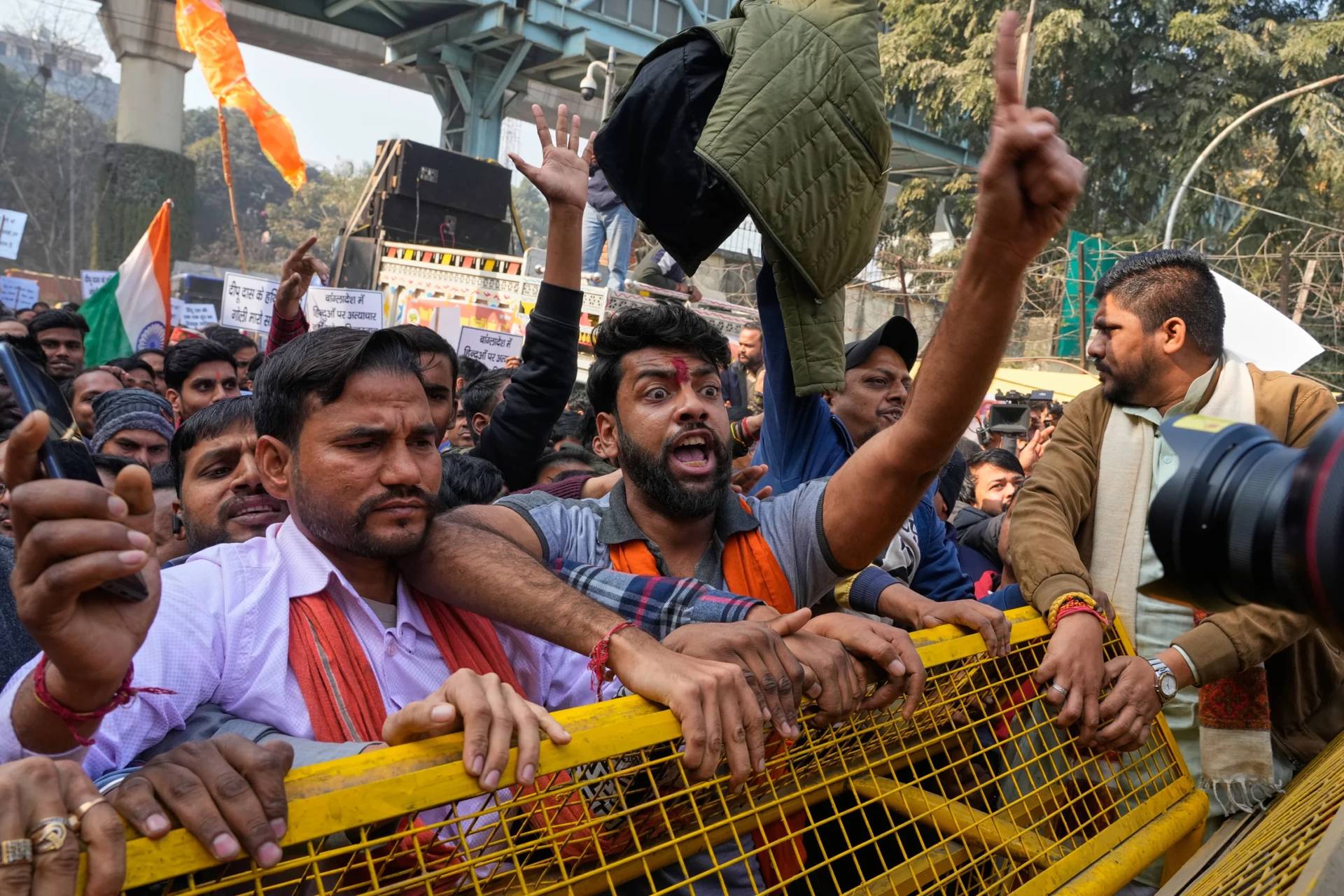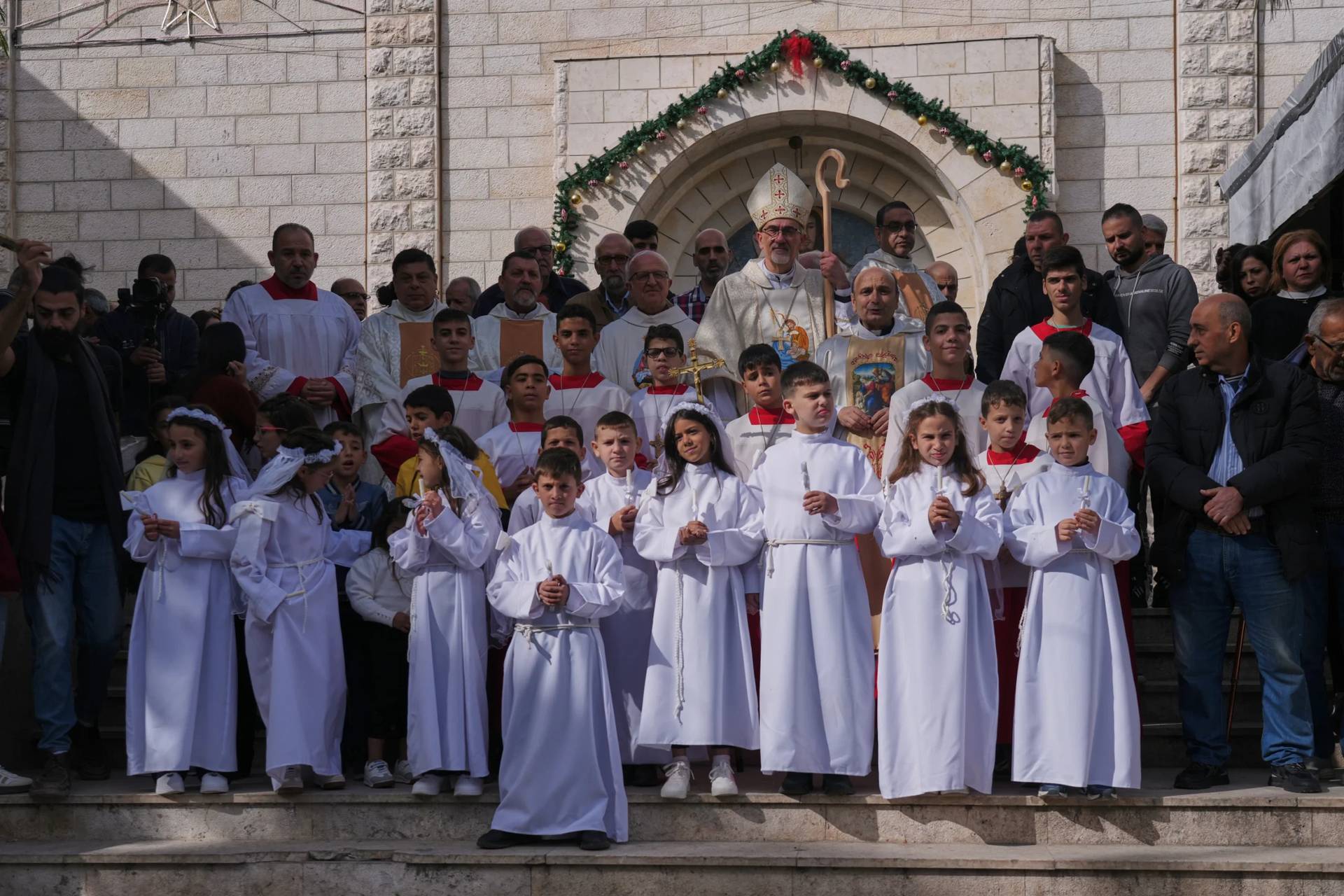Twenty-five years ago, a group of Nigerian Catholics in Boston who missed the flavor of church services in their homeland started congregating in a Mattapan apartment.
Now, Nigerians in Boston and beyond are celebrating a quarter-century at their home away from home, the vibrant Nigerian parish community that grew out of those early meetings.
“When we started this community . . . nobody was thinking about today,” said Augustine Onochie, who lived in that Mattapan apartment. Tears filled his eyes Saturday afternoon as he looked around St. Katharine Drexel Parish in Dorchester, full of hundreds of people who flocked there for a celebratory Mass Saturday.
“I can’t believe it,” Onochie said. “Each time I open up my mouth to sing, to praise God: Tears. It’s awesome.”
The Nigerian Catholic Community, based at the parish, rang in its silver jubilee with a two-hour Mass late Saturday afternoon followed by a reception in Roxbury. Two cardinals joined: Cardinal Sean P. O’Malley, archbishop of Boston, delivered the homily, and Nigerian-born Cardinal Francis Arinze of the Vatican drew cheers from people thrilled to honor someone from their homeland.
The mood was joyful as the room echoed with the soaring sounds of hymns sung in Igbo and Yoruba languages. Most wore their traditional garb: brightly patterned tunics and dresses with intricate beading and shimmery threads, and for women, elaborate head wraps called “ichafu” in Igbo. They swayed and sang while a drummer hit the cymbals with flair.
O’Malley wished the community a happy birthday before delivering a message about wisdom and gratitude.
“We need wisdom to be able to identify what the treasure is in our lives,” he said. Immigrants “come here with great energy, great ambition, and great dreams for your children.”
He asked the crowd not to lose sight of the real treasure: “your faith, your family, your relationship with God and the community,” and recalled a time when Boston’s Catholics were largely Irish and Italian.
“Today we are truly Catholic, showing the world that we Catholics come in all shapes, sizes, and colors,” he said.
The Nigerian Catholic Community took root in 1988 when a group of Nigerians in Boston requested permission to worship separately on Sundays. The group’s members, primarily Igbo, wanted to keep their language alive and share in their cultural identity while honoring God. The Rev. Gerald Osterman, the parish priest of what was known as St. John-St. Hugh Catholic Church, the center of Boston’s black Catholic worship, said yes.
Peter Uzoma, one of the 18 people in the founding group, remembers the early days: just a few families at Mass and few donations in the collection basket. Word spread, though, and soon crowds began to come.
The Boston Archdiocese recognized the community in 1989, and now, it is one of the largest Nigerian Catholic communities outside Nigeria, according to the group.
“When you come here, you will not be lost,” said Uzoma, now the community’s vice chairman. “You will find something where you can contribute.”
The Jubilee is a thanksgiving to God as well as a homecoming, said the Rev. Jude T. Osunkwo, a parochial vicar at the parish. “After a long period, there is need to come back home,” said Osunkwo, also the chaplain of the community. “It is a homecoming so we can land again, see ourselves and renew old acquaintances.”
He said the gathering sent a message of resilience, celebrating a new homeland and honoring the old.
“We have weathered storms and jumped hurdles, and we have survived as a people. We are on ground in the archdiocese of Boston,” he said.
Ugochukwu Nsofor moved to the United States about a year ago, and until Saturday’s Mass, had never felt such a connection to his homeland while in America.
“I can’t express it, but it gives me the feeling of if I am actually home,” the 29-year-old said after Mass. “I’ve never had that since I came. It meant so much to me.”
He traveled from Newark, Del., for the service and to be blessed by Arinze.
Ibipo Johnston-Anumonwo from Syracuse said she was impressed by the multigenerational, inclusive aspect of the Mass.
“It was very vibrant and celebratory,” she said. “It was nice to find that true community of multiculturalism.”
And Katherine Donnelly, a chaplain at Mother Caroline Academy next door, said she loved O’Malley’s homily, which she called “down-to-earth” and “one of the best.”
The planning committee worked for more than a year on the event, said Ignatius Nwachukwu, its chairman. What he wanted most was to see everybody dancing at the reception afterward. With Nigerian music and food, including fried fish and a black-eyed pea pudding called moimoi, he hoped it would be a good time for all.
“It’s a good opportunity to see why the Nigerians are the happiest people in the world,” he said. “In the face of abject poverty and all that, we still laugh.”
Claire McNeill can be reached at claire.mcneill@globe.com. Follow her on Twitter @clairemcneill.
















